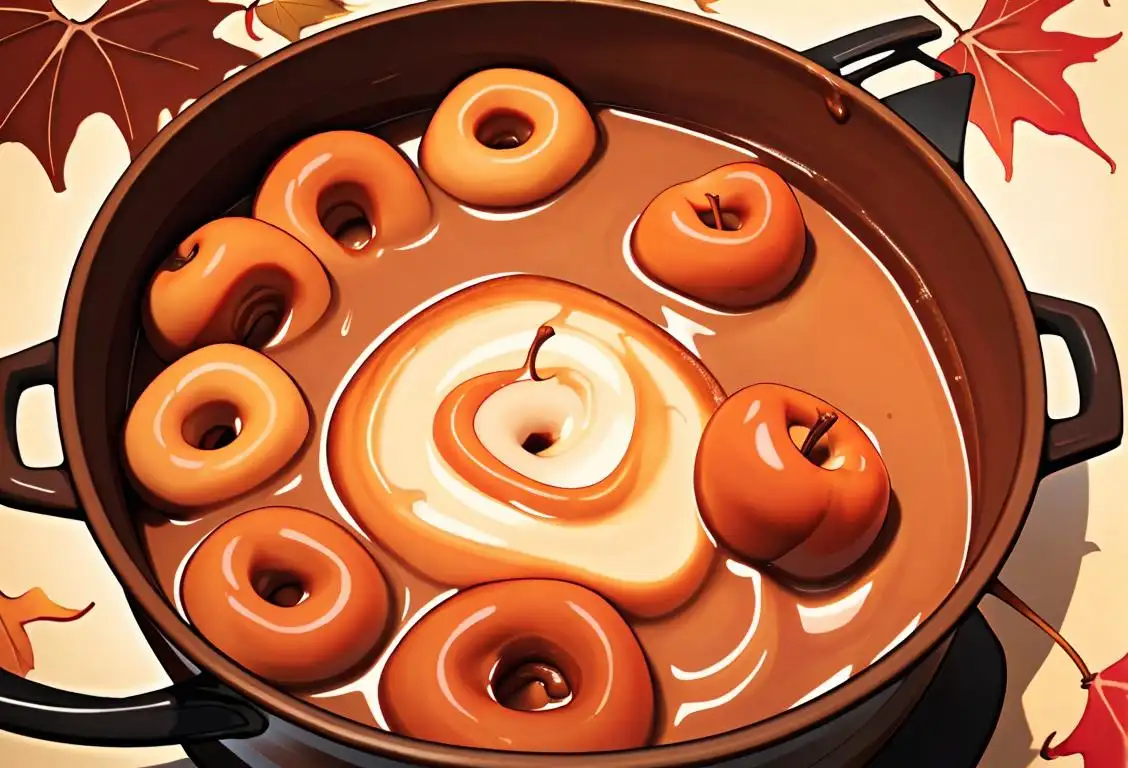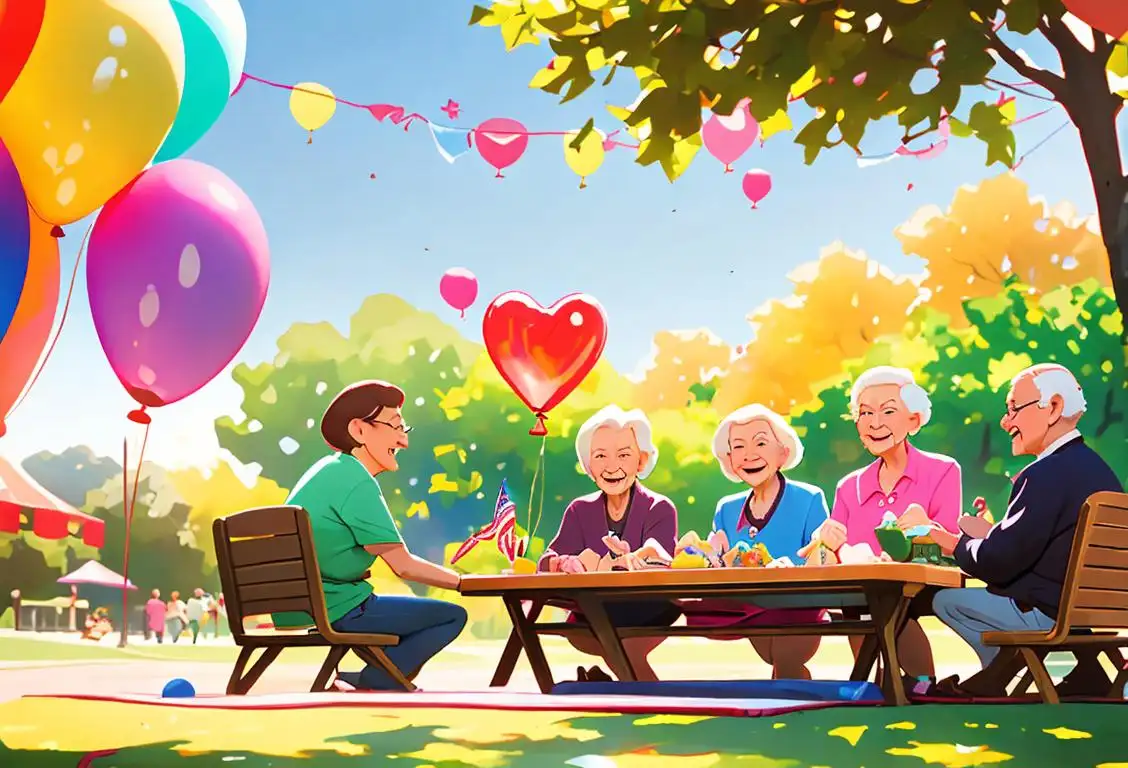National Gin Day

Raise your glasses high and prepare for a toast as we uncover the fizzy history of National Gin Day. Known for getting juniper berries into the discussion at cocktail parties, this spirited day has stirred up the internet to a great degree.
When is Gin Day?
It's national gin day on the 13th June.
A Spirited Journey
With our online detective skills (and probably a gin and tonic in hand), we've delved into the archives to find that National Gin Day is a relatively modern phenomenon. Since the day was first mentioned, it's been growing faster than juniper berries in a field blessed by Mother Nature herself.
Unbelievable, Isn't It?
Our sources tell us that the day first really took off online on June 13, 2015, when it created a bigger splash than a lemon wedge falling into a deep gin and tonic. Suddenly, a world of gin enthusiasts were all pouring their love into celebrating gin in the grandest of fashions, sharing photos, recipes, and perhaps one-too-many puns.
A Toast to the Internet
All hail the internet! With a total of 2,399 mentions, the online seas were indeed sailed by witty gin-lovers, erstwhile mixologists, and even humble juniper berries. It turned out that people didn't just love gin, they loved LOVED gin! National Gin Day made a stronger connection than a perfect gin and tonic blend, bonding people over their mutual admiration of this classic spirit.
In conclusion, let's clink our glasses once more!
From its humble beginning to being the talk of the town in the worldwide gin community, National Gin Day is a celebration of not just the great taste of gin, but also the company and stories that are shared alongside it. So next time June comes around, remember the story of National Gin Day and celebrate it, responsibly and joyously!
History behind the term 'Gin'
11th century
Ancient Origins
Gin's history can be traced back to the 11th century, where it all began in the Arab world. During this time, alchemists were experimenting with juniper berries, the key ingredient in gin. They discovered that juniper berries possessed medicinal properties and could be infused with alcohol to create a flavorful elixir.
13th century
Arrival in Europe
The term 'gin' made its way to Europe during the 13th century when European alchemists became aware of its existence. It was primarily used for medicinal purposes, presenting itself as a cure for various ailments including kidney problems and the plague. The word 'gin' originated from the Latin term 'genièvre,' meaning juniper.
16th century
Dutch Genever
In the 16th century, the Dutch began distilling a malted grain spirit with juniper berries, creating a precursor to modern gin known as 'genever.' This concoction gained popularity and became a staple in Dutch culture. The Dutch introduced genever to England during the Thirty Years' War, where its popularity continued to grow.
18th century
The Gin Craze
The 18th century witnessed a significant turning point in the history of gin. Known as the 'Gin Craze,' gin consumption skyrocketed in England. The spirit was cheap, readily available, and considered a cure-all. However, this led to societal issues, with excessive consumption resulting in public health problems and social unrest.
19th century
The Birth of London Dry Gin
London Dry Gin emerged in the early 19th century, marking a shift in the gin landscape. This style of gin is known for its dryness and purity, achieved through the use of triple distillation and the omission of artificial flavorings. The birth of London Dry Gin brought about a more refined and elegant image for gin.
20th century
Gin's Resurgence
The 20th century witnessed a renewed interest in gin. Bartenders began crafting classic cocktails such as the Martini, Negroni, and Gin and Tonic, which further popularized the spirit. Gin's versatility and botanical complexity made it a favorite in the cocktail scene, and its reputation as a sophisticated drink continued to rise.
Present Day
Gin Renaissance
In the present day, gin is experiencing a global renaissance. Craft distilleries have sprouted worldwide, each offering their unique interpretations of this beloved spirit. With an abundance of botanical options and a rich history, gin remains a versatile and innovative drink, enjoyed by both traditionalists and cocktail enthusiasts alike.
Did you know?
Did you know that gin was originally created by the Dutch and sold as a form of medicine in the 17th century? Perhaps that's why we always feel so good after a gin cocktail!Tagged
awareness fun celebration history spiritsFirst identified
9th April 2015Most mentioned on
13th June 2015Total mentions
2399Other days
Gin Day
Swiss Day
Vodka Day
Martini Day
Caramel Day
Lasagna Day
Senior Citizens Day
Album Day
Bourbon Day
Cognac Day








